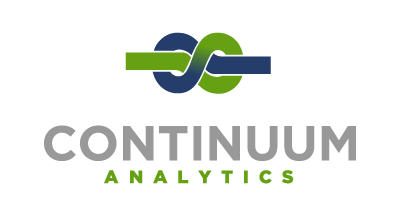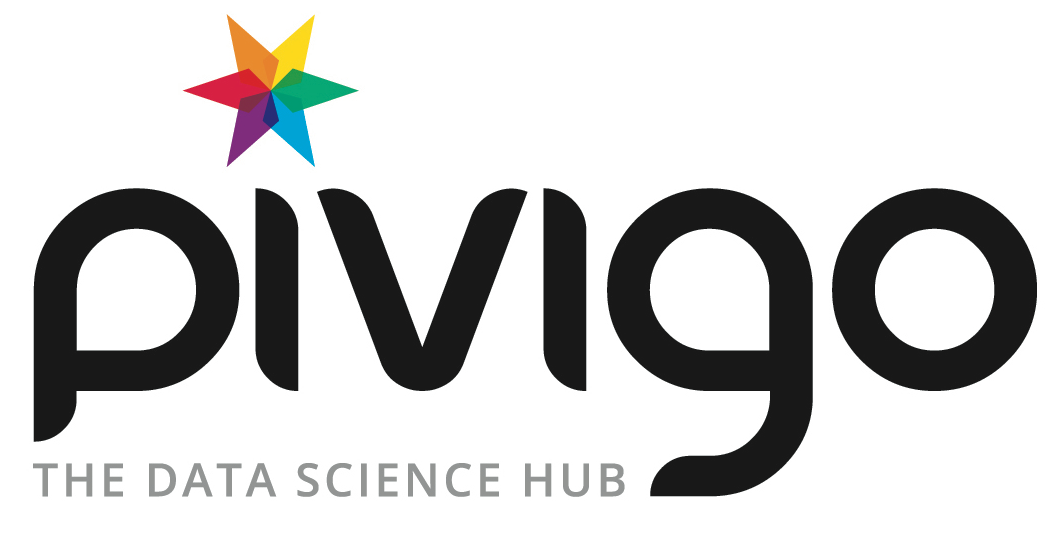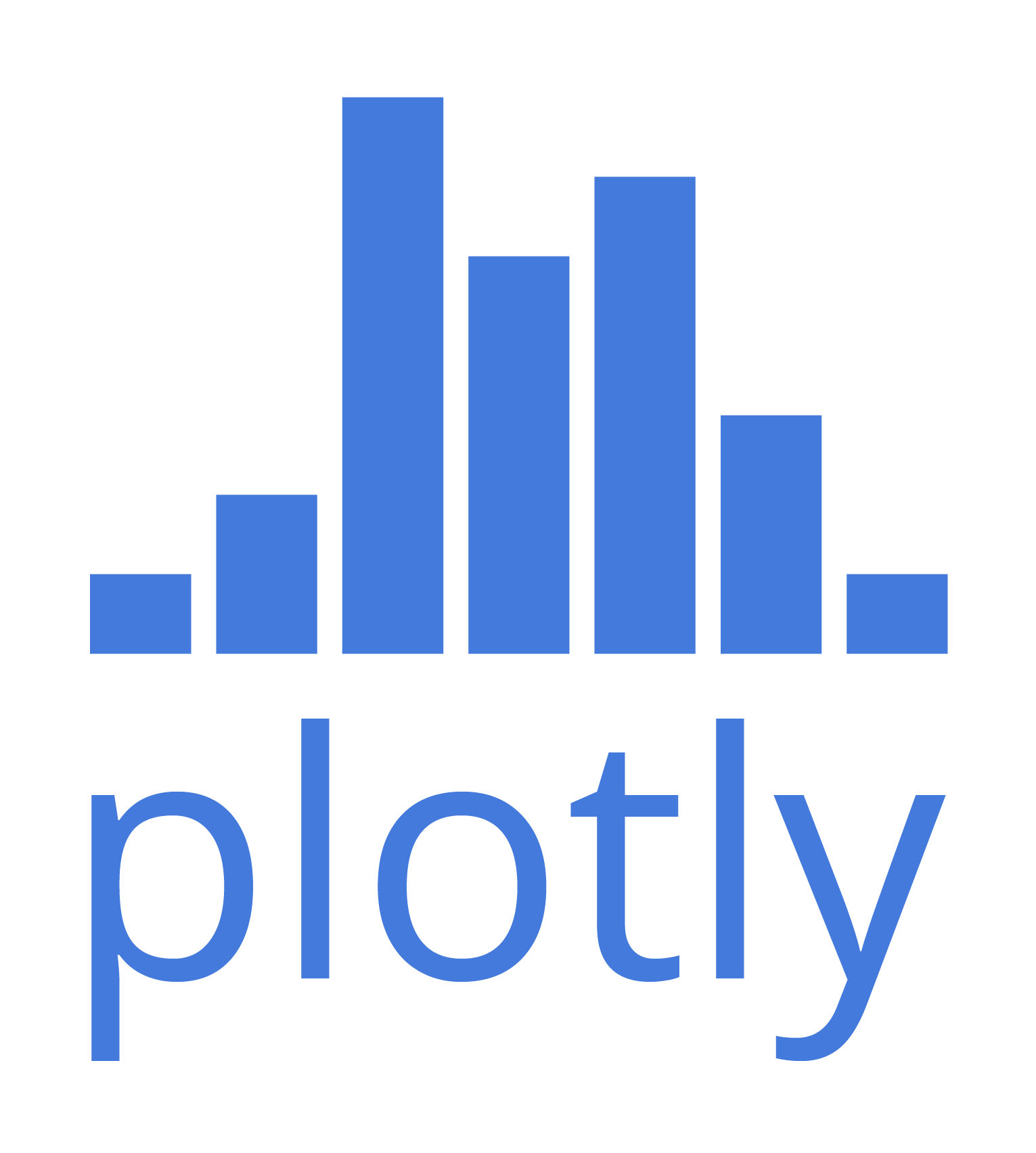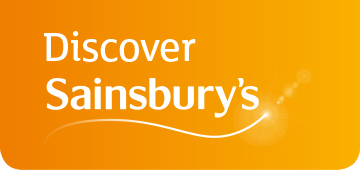Saturday 5 p.m.–5:30 p.m.
Hyperparameter Optimisation for Machine Learning in Python: Building an automatic scientist
Thomas Greg Corcoran
- Audience level:
- Experienced
Description
In this talk I'll discuss and demo some of the implications of current developments in automatic machine learning for computational science. Applications in data science are also presented.
Abstract
The idea of building yourself an automatic scientist, and leaving it to do all the work for you, is an attractive prospect. An automatic scientist is both a fixation in current machine learning (Schmidhüber, Hassabis and others) and in statistical theory / the philosophy of science (Jaynes).
In introduction, I'll review some of the history and successes with automating science.
In the main part of the talk, I'll demonstrate an approach to the automatic scientist with a constrained
version which deals with issues involved in modelling empirical phenomena with computater
simulations.
With examples from computational physics and neuroscience I'll present some
contemporary methods for hyperparameter optimisation with the Python scientific stack. I'll
show how these can be combined with simulation models to give a closed-loop system for
exploration and analysis.
In the final part of this talk I will discuss how this approach is relevant to data science pipelines in diverse areas such as visualisation methods, pre-processing, model selection and even software testing.








